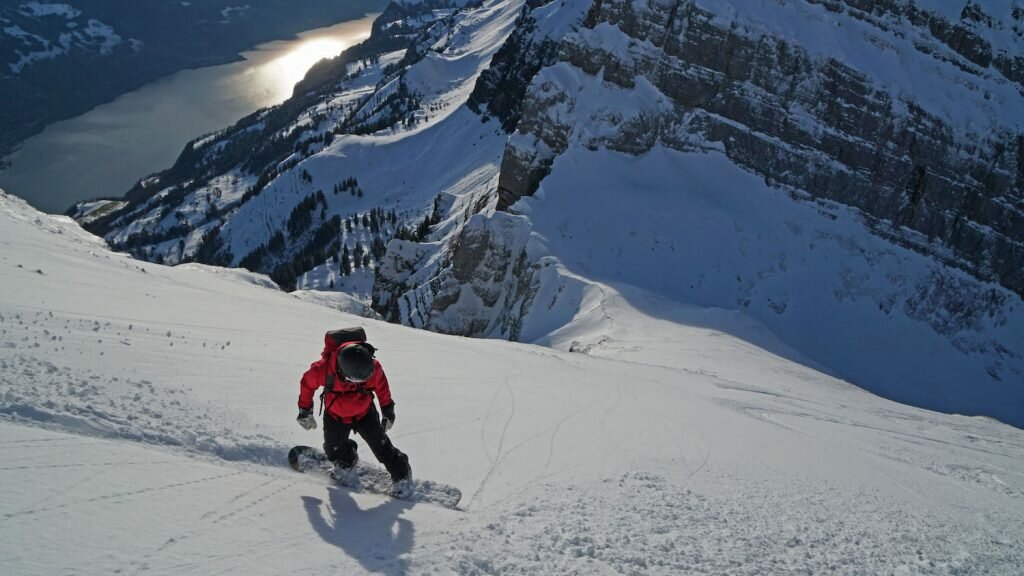How The Outdoor Journal is turning readers into adventurers
with its content-driven booking platform

There’s nothing like a captivating photo or travel article to send you into a reverie about your next getaway.
The end result is usually the same: You spend a few minutes imagining yourself rafting down the Nile, driving across Iceland or trekking in Peru – free, smiling and windswept, framed by the perfect sunset. Then your phone rings and the moment is gone, the wisp of inspiration vanishing into your daily grind.
The Outdoor Journal, a content-driven booking platform and magazine, turns ‘someday’ into ‘today’ by removing the barriers between inspiration and action. Its high-quality travel articles and images take you there, while its integrated booking portal actually gets you there.
“Outdoor Journal is a vehicle for us to educate, inspire and enable all peoples to experience, enjoy and protect wilderness. The content is meant to inspire them to take these trips, and to enable them we have the platform,” explained Apoorva Prasad, CEO & Founder, The Outdoor Journal.
“Today, people are traveling a lot, but that doesn’t mean they’re experiencing the world.”
With today’s unprecedented level of mobility, travel has become a loose term. Is a weekend spent within the gates of Cairo’s most luxurious hotel really travel? Maybe, but The Outdoor Journal believes it should be more – a chance to connect with locals and the natural world in an authentic way.
“Today, people are traveling a lot, but that doesn’t mean they’re experiencing the world. The future of travel is adventure. People are looking for experiences. It’s no longer ‘hey, honey, let’s go to Paris and see the Eiffel Tower;’ it’s ‘let’s go sailing in Brittany or hiking in the Alps,’” Prasad said.
The view of the world fed to us by insular online communities, Facebook feeds and mainstream media, makes authentic experiences even more essential.
“Mountains and rivers do not have a nationality, and the fact that media is skewed based on nationality is antithetical to what travel is about.”
“If we’re making decisions based on these online echo chambers and democracy depends on everyone making informed decisions, then there’s a huge problem with the system. It’s almost our duty to travel,” he added. “Technology has made it easier, cheaper and democratized and that’s fantastic, but I don’t think enough people take advantage of it.”
He believes that world travel – a part of our DNA and essential to global understanding – should be about unity and inclusion, not borders and passports: “Mountains and rivers do not have a nationality, and the fact that media is skewed based on nationality is antithetical to what travel is about. The whole point is to unify people. I created Outdoor Journal because I found that outdoors media is fairly ethnocentric and not diverse or authentic.”
Another byproduct of our social-media fixation is a lack of variety. Instagram and Pinterest provide us with millions of travel images to sift through, but most are narrowed down to the usual tourist circuits – areas often facing depleted resources, inflated prices, monopolies and counterfeit authenticity. There’s nothing wrong with Machu Picchu, the Egyptian pyramids or the Great Wall of China, but the world has much more to offer.
“Fifty-three percent of operators around the world don’t have credit-card gateways on their websites.”
The Outdoor Journal’s platform features local operators vetted based on social and environmental consciousness, high safety standards and professionalism. Some are mainstream, some are offbeat and some are downright daring, but all of these trips help travelers spend their time and money in more meaningful ways than mass tourism allows.
“We’ve just on-boarded an operator who organizes trips to see sharks in the Caribbean. He has been working with local fishermen who used to fish sharks for their fins to sell them to China. Now those same fishermen see more value in those sharks being alive for tourists,” Prasad said. “That’s a small example of the kind of thing we’re talking about.”
While increased mobility makes travel more accessible, it also risks making it more standardized. If the majority of us research and book trips online, then many local adventure-travel operators in developing countries are already out of the running.
“Fifty-three percent of operators around the world don’t have credit-card gateways on their websites. They may not even have websites,” he added. “This is a problem we’re fixing.”
Instead of giving their money to Facebook and Google for online marketing campaigns, he would like to see them spend it on better trips, guides and equipment. The Outdoor Journal aims to fulfill this need by featuring a catalogue of the best local adventure operators on one trusted, visible platform.
At a time when long-form journalism, let alone long-form travel writing, is a rarity – replaced by clickbait (i.e. The Top-10 Beaches in Spain) – The Outdoor Journal magazine is an anomaly. Not merely a travel catalyst, the publication engenders trust invaluable when working in a field involving inherent risk.
While adventure is associated with exploration and excitement, the platform, which already hosts over 60 operators in at least 50 countries, offers diverse itineraries not limited to extreme sports. Yoga retreats, walking tours, safaris, surf courses, whale-watching trips, sailing excursions and other low-key, though equally authentic experiences await.
“My parents would be happy to do some of the trips on the platform. It’s for anyone looking for interesting experiences. They’ve been snowmobiling in Svalbard and they’re in their late sixties. This is what it’s for. It democratizes and enables all peoples,” Prasad noted.
The Outdoor Journal’s travel-booking platform will have its soft launch in the coming weeks, and before long it will be turning readers like you into adventurers.
